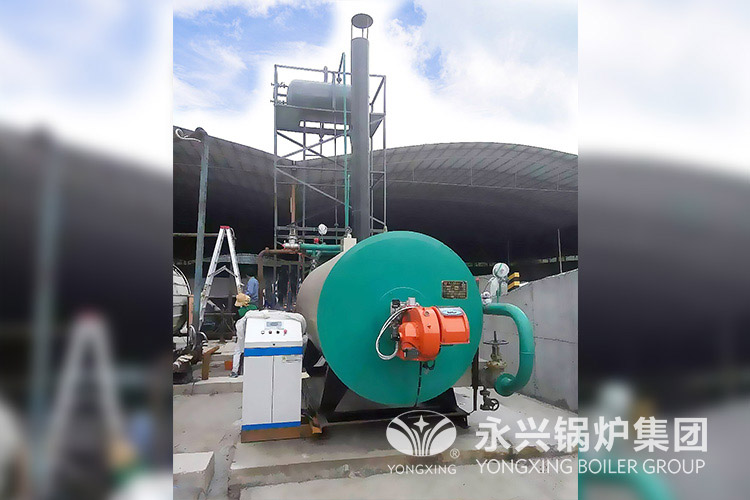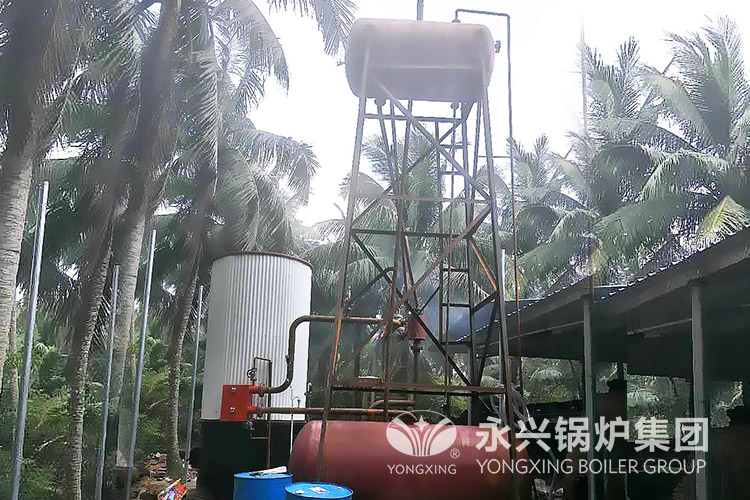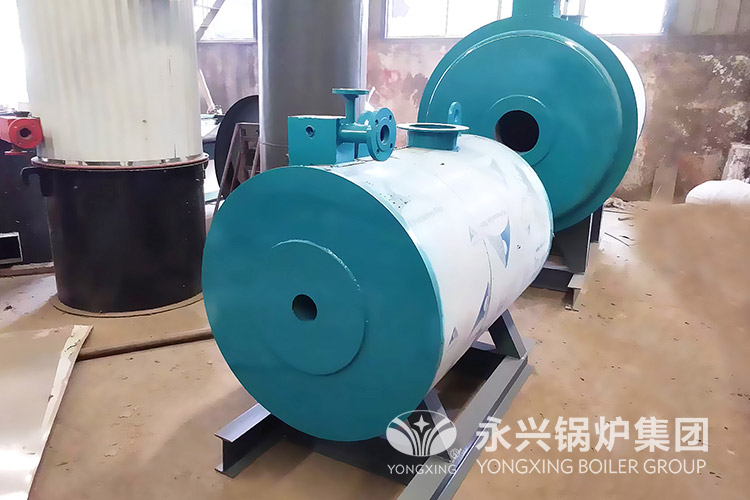News & Technicals
Fire Accident Prevention During the Use of Hot Oil Heater
Fire caused by Thermal Oil Boiler Tube Explosion
- Poor oil quality, the residual carbon index in the oil exceeds the secure limit. Thermal oil is inadvertently mixed with water, impurities or other oil pollution during storage, transportation or operation and maintenance. When the thermal oil is heated to 1000℃, it will cause oil injection and fire, or the moisture will be vaporized to generate high pressure, causing over pressure explosion of thermal oil heater. In addition, the residual carbon index in the oil exceeds the secure limit. Some chemical changes will occur during the heating operation of the thermal oil to generate a small amount of high polymer. At the same time, coke will be generated due to local overheating. These high polymers and residual carbon are insoluble in the oil and suspended in the oil. In operation, these substances will deposit on the bottom of the drum and overheat the tube, and deposit on the wall of the tube and overheat and burst the tube. Therefore, regularly sample and analyze the heat transfer oil, timely grasp the quality change of the oil, analyze the reasons for the change, and regularly add new heat transfer oil to make the amount of residual carbon basically stable. The heat transfer oil added to the boiler must be dehydrated in advance to find problems. Corresponding measures should be taken in time
- The oil outlet temperature is too high and the flow rate is too low. Sometimes because of the high oil temperature, the temperature of the heat equipment is low, which can not meet the production needs. Some units adopt the method of increasing the outlet temperature to ensure the heat supply. As a result, the outlet temperature is close to or even exceeds the maximum allowable use temperature of the heat carrier, thereby increasing the degree of coking and fouling, and the heat transfer efficiency of the radiator using the heat engine is lower, cause the furnace tube exploded. In addition, the excessively low flow rate will cause the temperature of most or part of the inner wall of the pipe in the heated surface to be higher than the allowable oil film temperature, which shortens the normal service life of the heat transfer oil, causing overheating to cause bulging and tube explosion. Therefore, the maximum outlet oil temperature of the thermal oil boiler should be about 30°C lower than the working temperature of the heat carrier to prevent the oil from overheating and deteriorating during use. In operation, the flow rate of the heat transfer oil in the tube on the radiant heating surface is not less than 2m/s, and it is not less than 1.5m/s in the convection heating tube to prevent the occurrence of residual carbon, blockage of the pipe diameter, and overheating of the pipe wall.
Fire Caused by Leakage of Thermal Oil
Due to the poor welding problem, the welding seam of the heat transfer pipeline is partially detached or excessively vaporized under excessive temperature, causing vibration and even damage to the pipeline and causing a large amount of heat transfer oil to leak out. The heat transfer oil has a strong permeability, especially at the flange gasket Serious, fires often occur after being exposed to fire sources after leaks. Therefore, when installing, a qualified installation company should be selected for installation. The pipe connection is preferably welded, and the flange connection should be appropriately supplemented. The screw connection should not be used. The flange connection should be made of high-strength graphite products resistant to oil, pressure, and high temperature. As a gasket. All accessories in contact with the heat carrier shall not be made of non-ferrous metals and cast iron. Steel pipes should be made of No. 20 steel seamless pipes, and the fasteners, especially the connecting bolts on the main circuit, should be made of No. 35 steel drums. Before the thermal oil boiler is ignited, a pressure test shall be carried out by the boiler supervision office and the installation company on all pipelines, valves, etc. until there is no leakage, and the heat transfer oil shall not circulate in the system piping for less than 60 minutes. After confirming that everything is normal, Just fire.
Fire Accident of Hot Oil Boiler Caused by Power Failure
If there is sudden power failure during the normal operation of thermal oil boiler, the circulating oil pump stops working, and the fuel in the furnace continues to burn, so that the temperature of the boiler oil continues to rise. If the oil temperature rises too fast, it will be in In a short period of time, the oil temperature is locally too high and coking, causing overheating and bursting the tube to cause a fire. Therefore, if the power failure and other failures occurs, all boiler doors should be opened to immediately eliminate the remaining fuel in the heating chamber, allowing a large amount of cold air to enter the furnace, quickly reduce the temperature, and eliminate the heat source; simultaneously open the oil drain valve of the boiler to slow down the high temperature oil slowly put it in the oil storage tank, and let the cold oil in the expansion oil tank slowly flow into the boiler to remove the heat in time. Conditional units can be equipped with dual power sources, such as a small gasoline generator, whose circuit and circulating oil pump circuit are switched to each other, so as to prevent the oil temperature from being too high in a short period of time after the power failure to cause coking and cause an accident.






